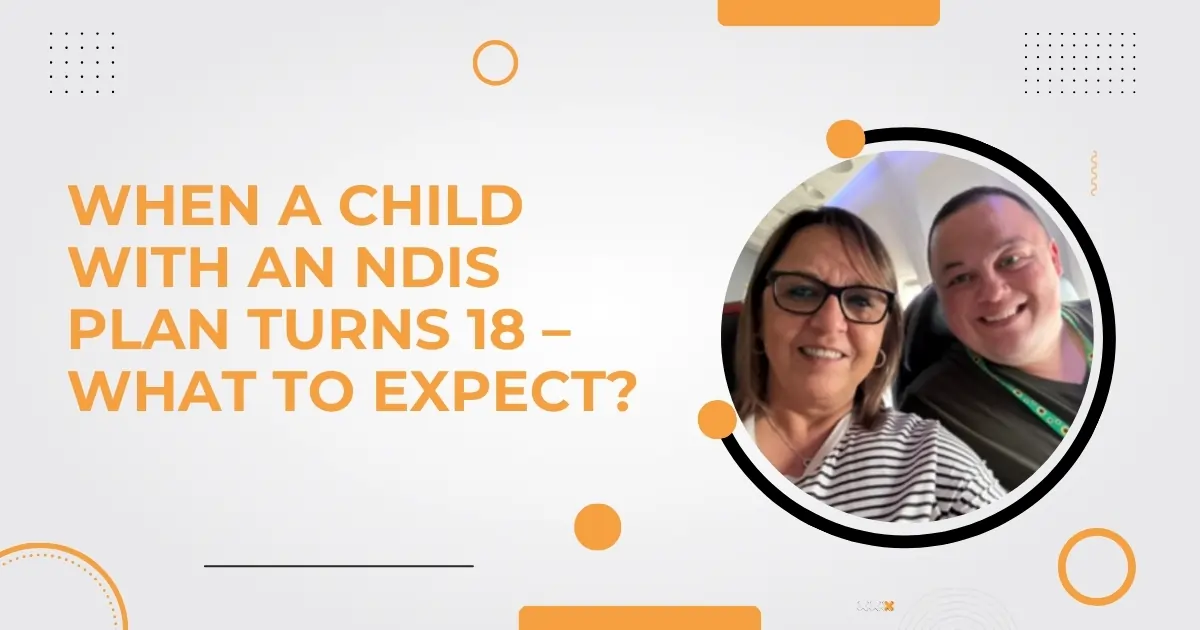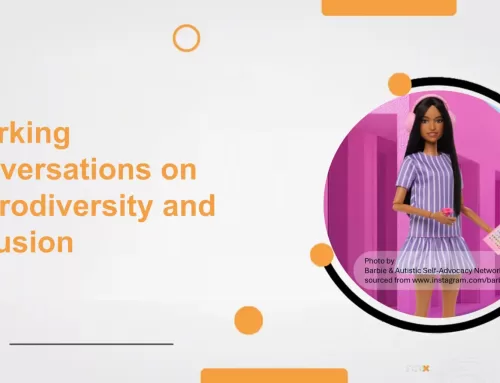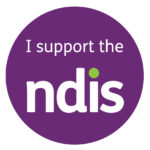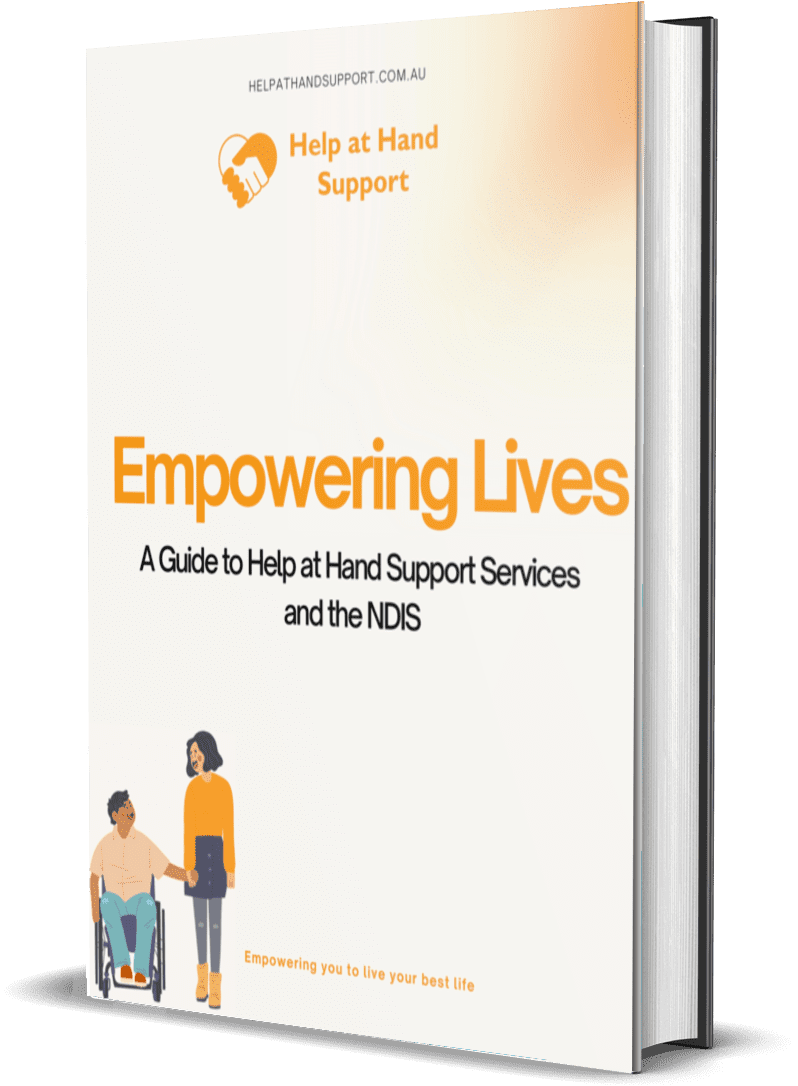What Happens When a Child Turns 18 Under the NDIS?
When a participant turns 18, they become legally responsible for managing their NDIS plan.
This shift is designed to support greater independence, personal choice, and self-determination.
While this opens new opportunities, it also introduces new rules around decision-making, plan reassessments, and access to adult supports.

What Changes After 18 for NDIS Participants and Families?
The most significant change is that the young adult becomes the primary contact and decision-maker for their plan.
This means the NDIA will no longer speak directly to parents or carers unless official nominee arrangements are in place.
To navigate this change smoothly:
- Prepare early for a plan reassessment
- Discuss supported decision-making with your child
- Consider setting up nominee access if ongoing support is needed
Real Insights: Roxana’s Story of Navigating Her Son’s NDIS Transition
Roxana, a Help at Hand Support care coordinator and parent, shares how she helped her son Jason adapt to adulthood under the NDIS.
Initially, the process felt confusing and isolating.
“Up until Jason turned 18, I could speak for him. After that, everything needed his voice. I had to learn how to step back and support from beside, not from the front,” Roxana recalls.
Her experience underscores the importance of building networks, staying informed, and seeking help early.
She found success by:
- Reaching out to Jason’s past therapists
- Requesting a plan reassessment before his birthday
- Finding a support coordinator who truly understood his needs
Understanding Supported Decision-Making and Nominees
The NDIS offers two options to support young adults in making informed decisions, as outlined below.
- Supported decision-making empowers the participant to make choices with guidance.
- Nominee arrangements allow a trusted person (like a parent or carer) to act on the participant’s behalf in some or all plan matters.
Roxana emphasises how critical it is to have this set up in time:
“Even though I knew what Jason needed, the NDIA had to hear it from him or have a formal nominee process in place.”
Planning Supports for Life After 18
Turning 18 often means finishing school, starting work, or exploring independent living.
The NDIS recognises this and offers a range of supports tailored to young adults.
These may include:
- School Leaver Employment Supports (SLES) – to prepare for work
- Study Supports – for TAFE or university pathways
- Employment Supports – including training and workplace assistance
- Individualised Living Options (ILO) – to explore supported living
- Community Participation Funding – for confidence and social skills
“Requesting an early reassessment changed everything,” Roxana adds. “We shaped Jason’s plan around his new goals.”
She shares:
“We changed support coordinators early on, and it made a huge difference. Now, we have someone who truly sees Jason and that matters.”
Our experienced team is here to guide you every step of the way. With both professional and lived experience, we understand the journey.
Contact us anytime to start preparing. The earlier you act, the smoother the transition.
FAQs
What is supported decision-making in the NDIS?
It is a process that helps participants make informed choices with guidance rather than having someone make decisions for them.
Can a parent still manage an NDIS plan after the child turns 18?
Only if they are appointed as a nominee by the participant or the NDIA.
What supports become available after 18?
SLES, employment supports, ILO, study supports, and increased community participation.
Should I request a reassessment before my 18th birthday?
Yes, a reassessment helps align the plan with adult goals and available supports.
How do I choose the right support coordinator?
Look for someone who understands your child’s goals, communicates effectively, and can advocate on their behalf.
Why Plan Management Matters When Your Child Turns 18?
Turning 18 means your child becomes responsible for their NDIS funding, which makes professional plan management more valuable than ever.
As new supports are introduced, such as SLES, employment assistance, or independent living options, effective budgeting is crucial.
Plan management ensures that your child’s funding is tracked, claims are processed accurately, and they get the most out of every dollar in their plan.
Learn more about our NDIS Plan Management service and how we support young adults and their families through this important transition.
Check out more from our Blog
Book A Care Consult
We will be in contact with you shortly







